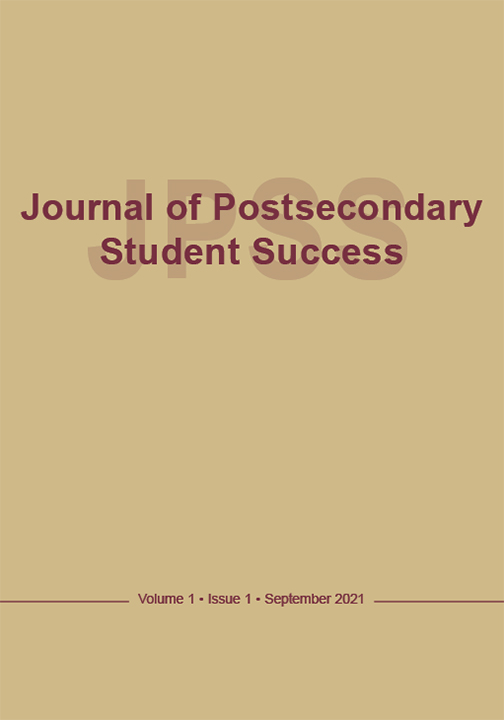Resumen
This exploratory descriptive, single-university study (N=700) joined institutional, external, and survey data to examine first-year students’ food insecurity links to non-cognitive attributes and first-semester performance and persistence. Regressions indicate LGBTQ, multi-racial, international, transfer, and first-generation students exhibit increased food insecurity. Food insecurity linked with psychological distress, financial stress, amotivation, and intent to engage with peers but not to faculty, staff, and academic engagement. Food insecurity is also associated with lower first-semester GPA and credits earned. Findings strengthen limited evidence that food insecurity links to college students’ experience, suggesting groups of already-underserved students may need immediate support to ease food insecurity.

Esta obra está bajo una licencia internacional Creative Commons Atribución 4.0.
Derechos de autor 2021 Daniel A Collier, Dan Fitzpatrick, Chelsea Brehm, Eric Archer
